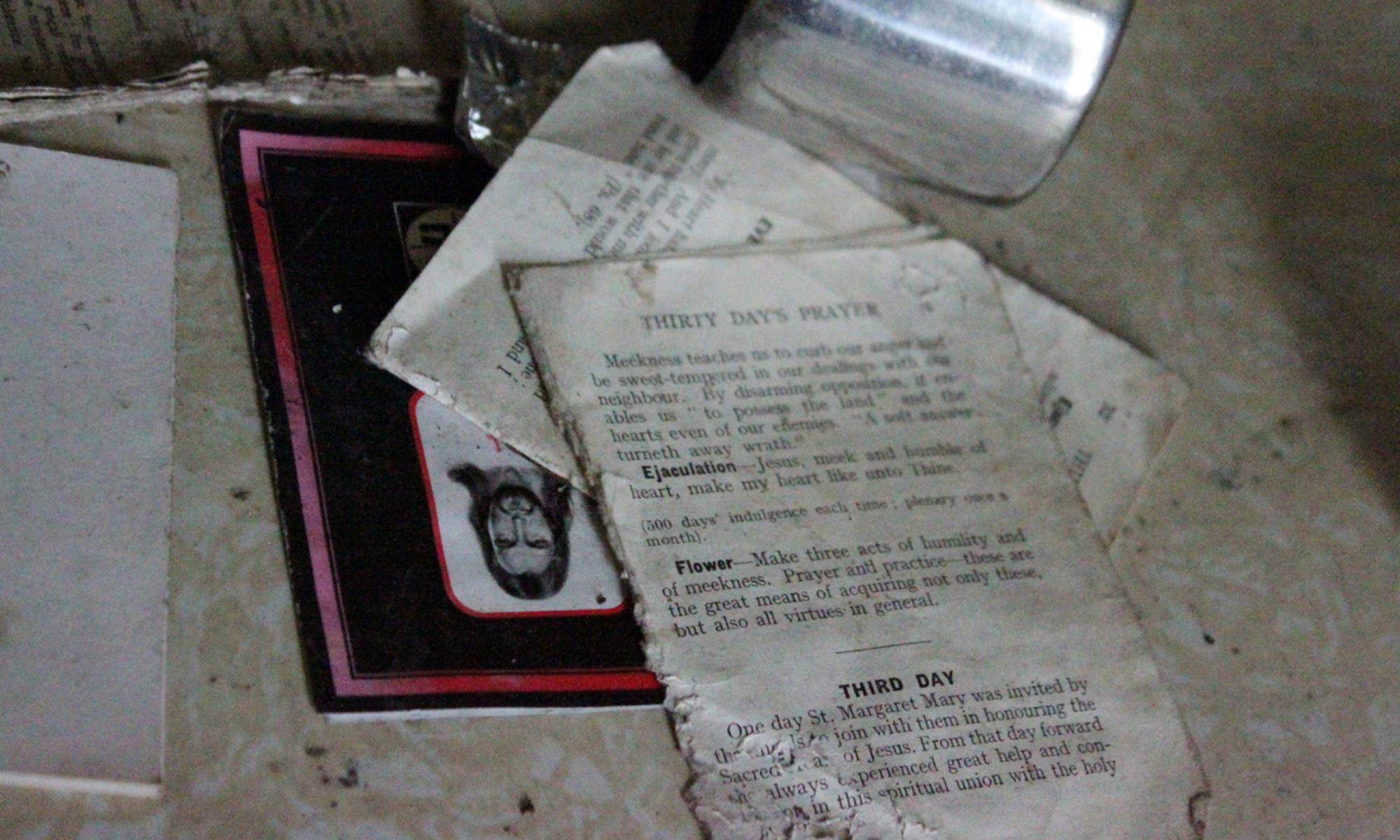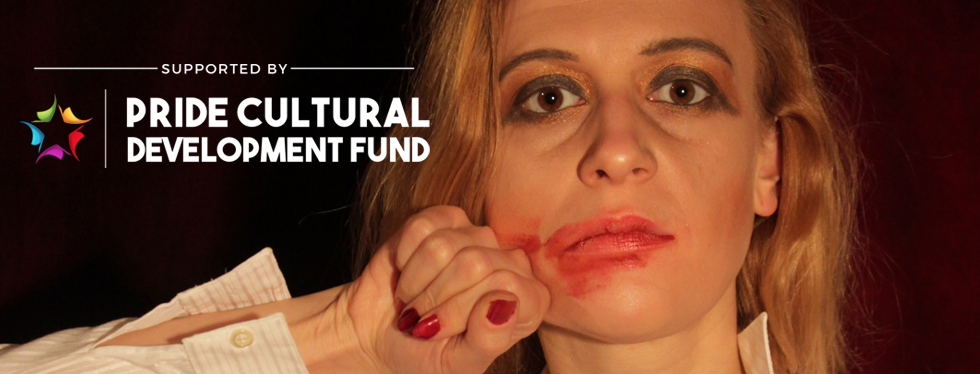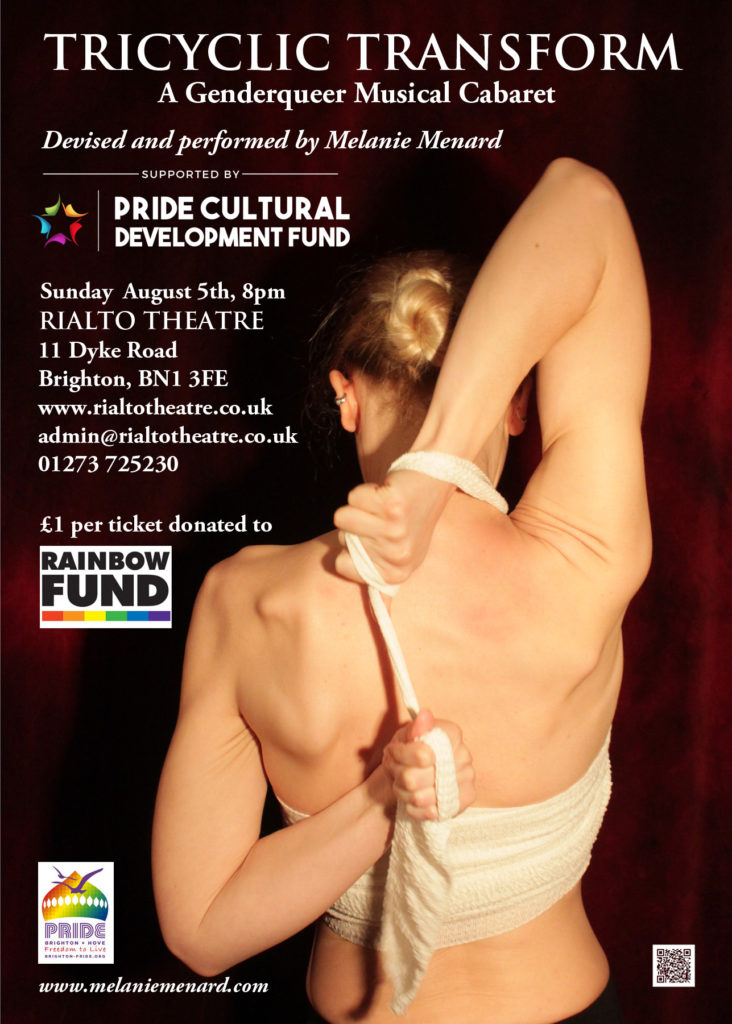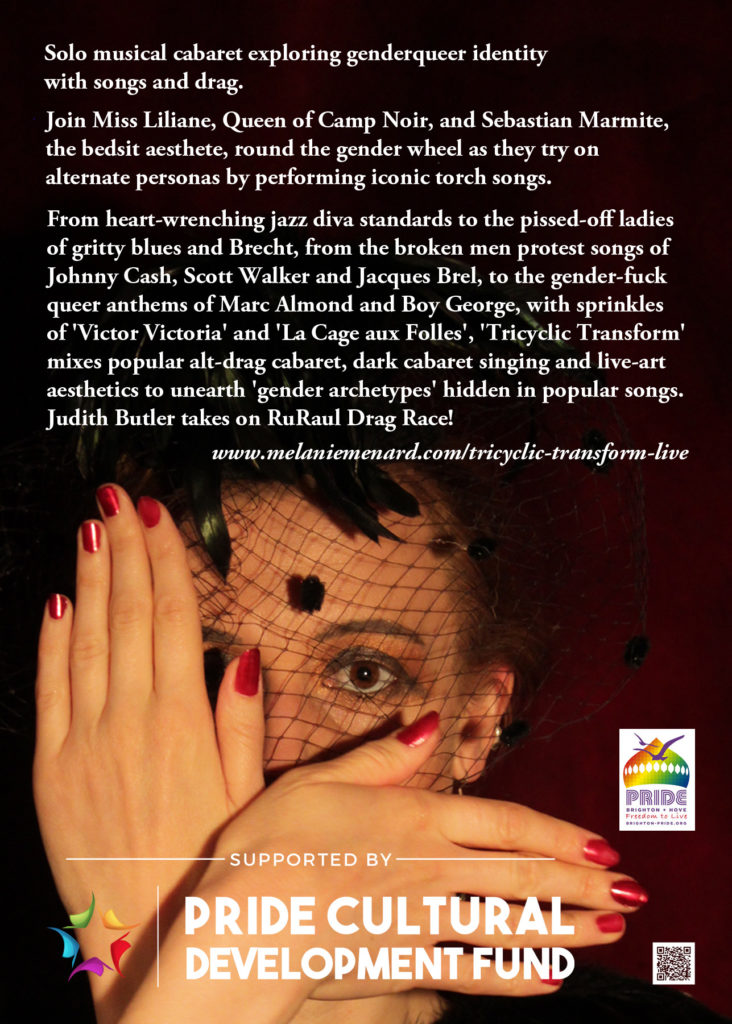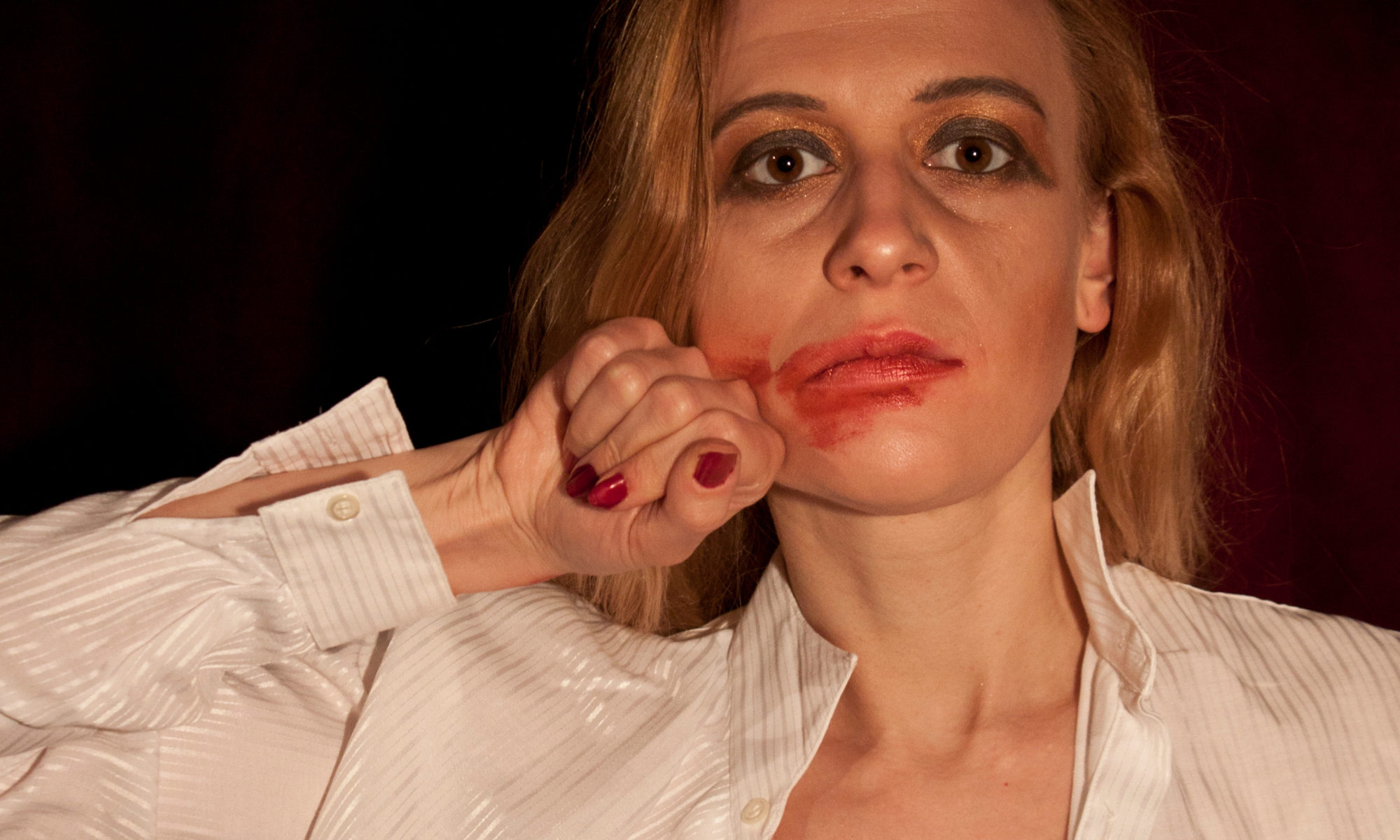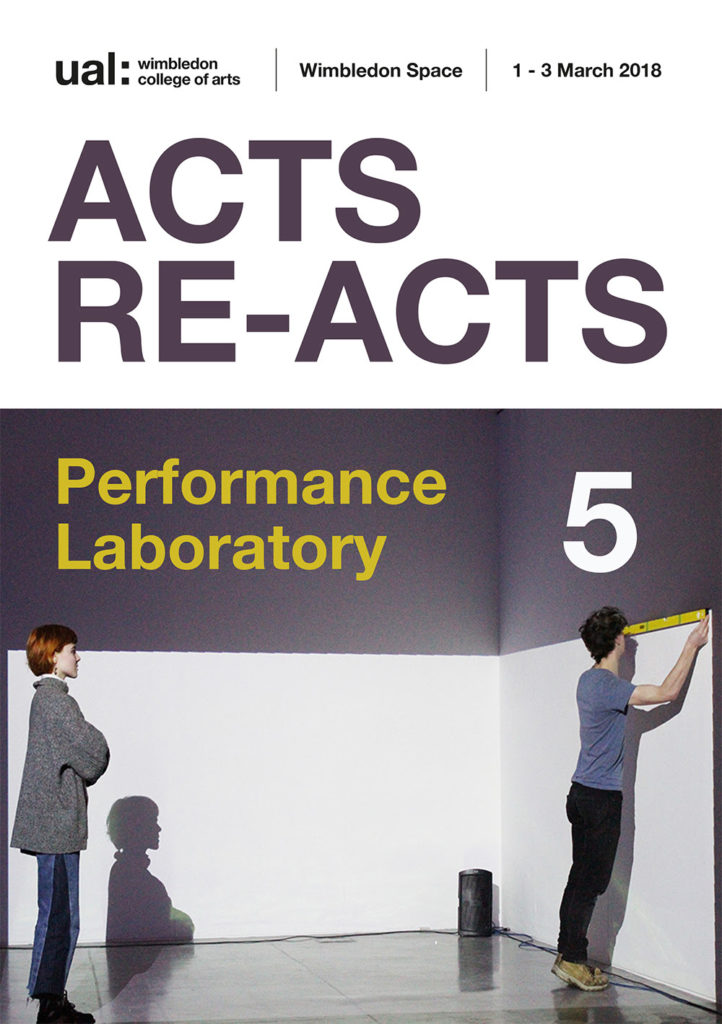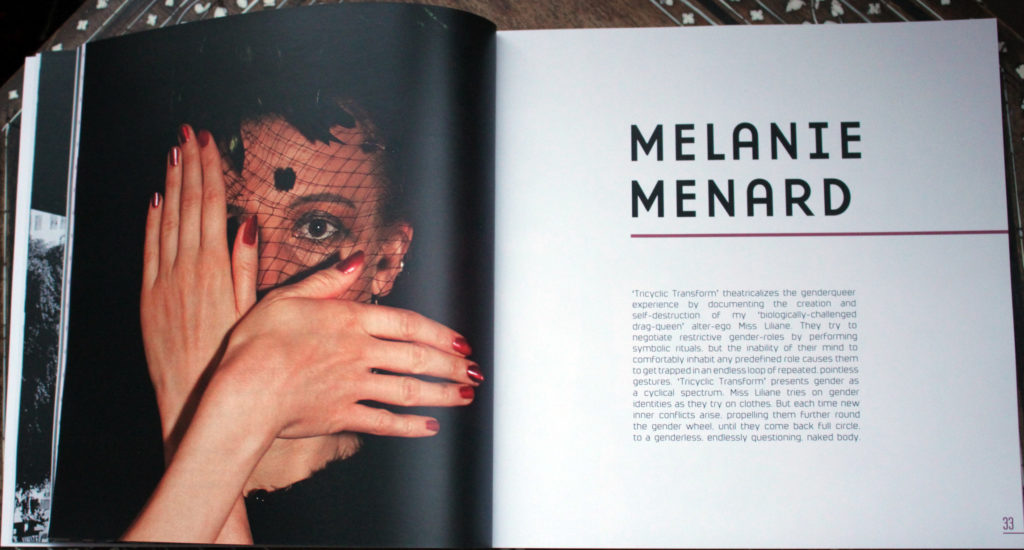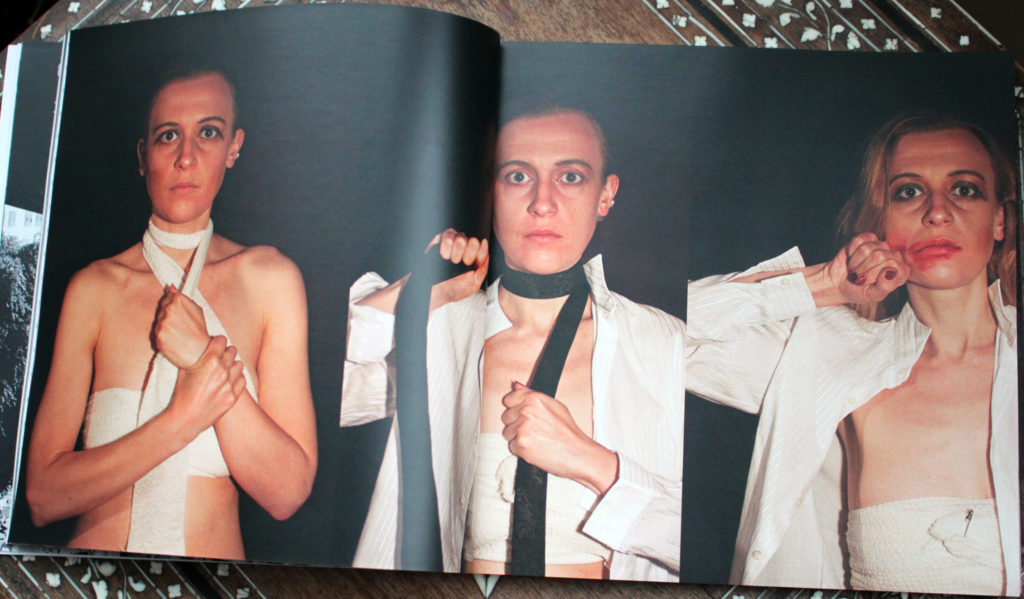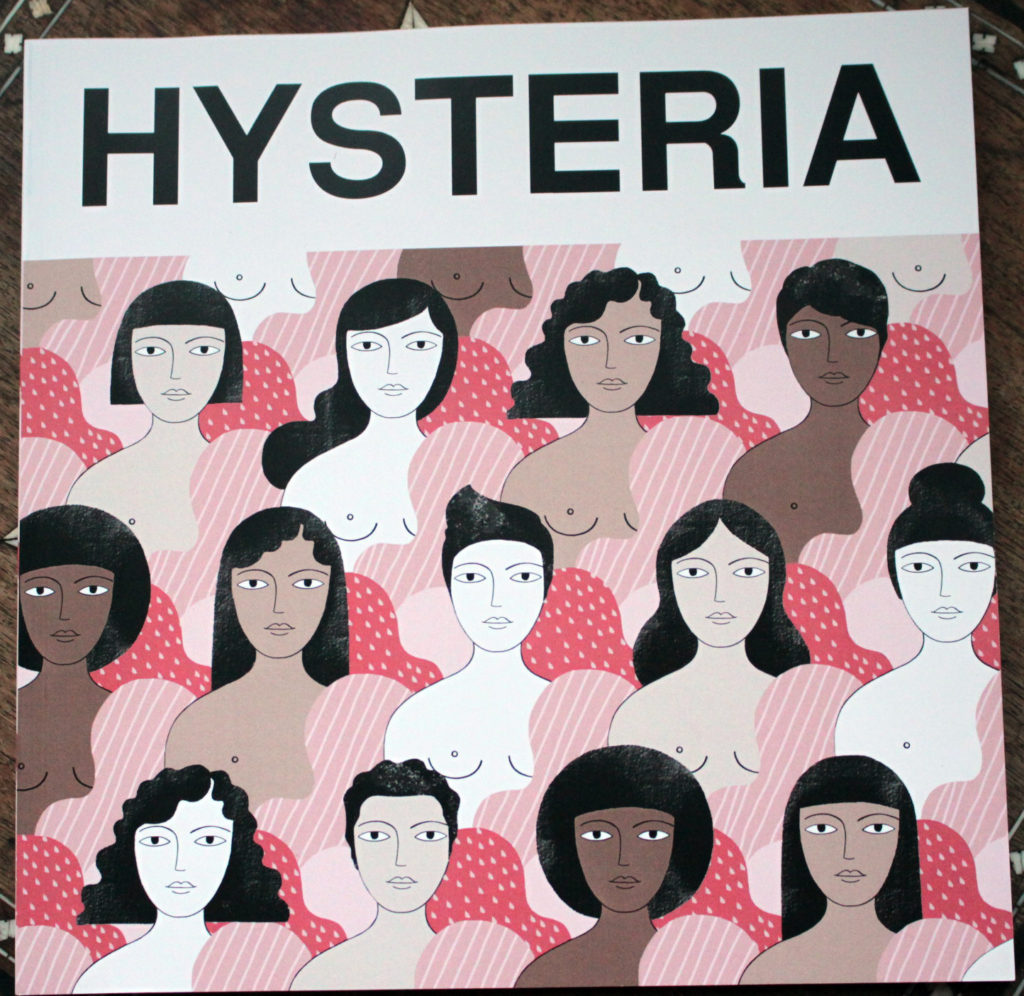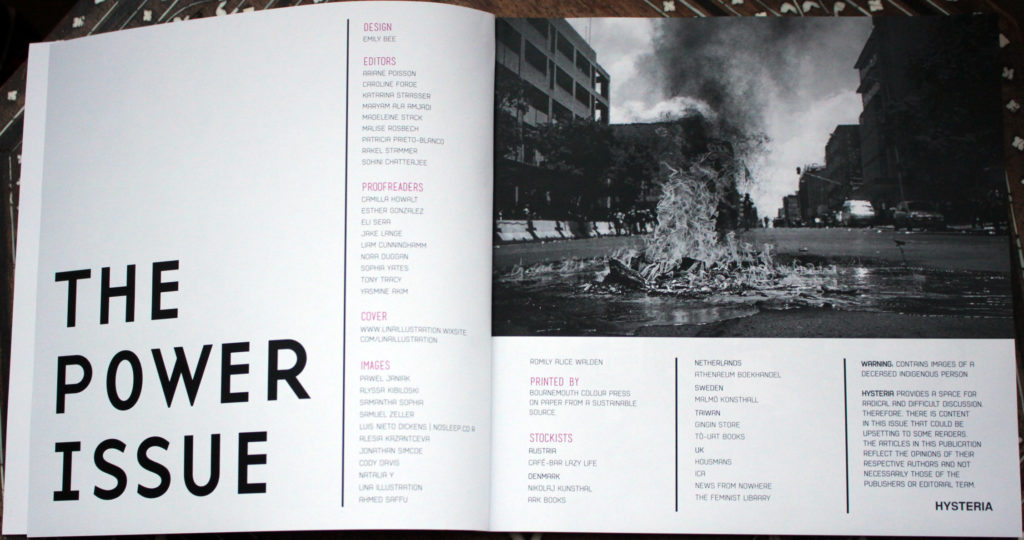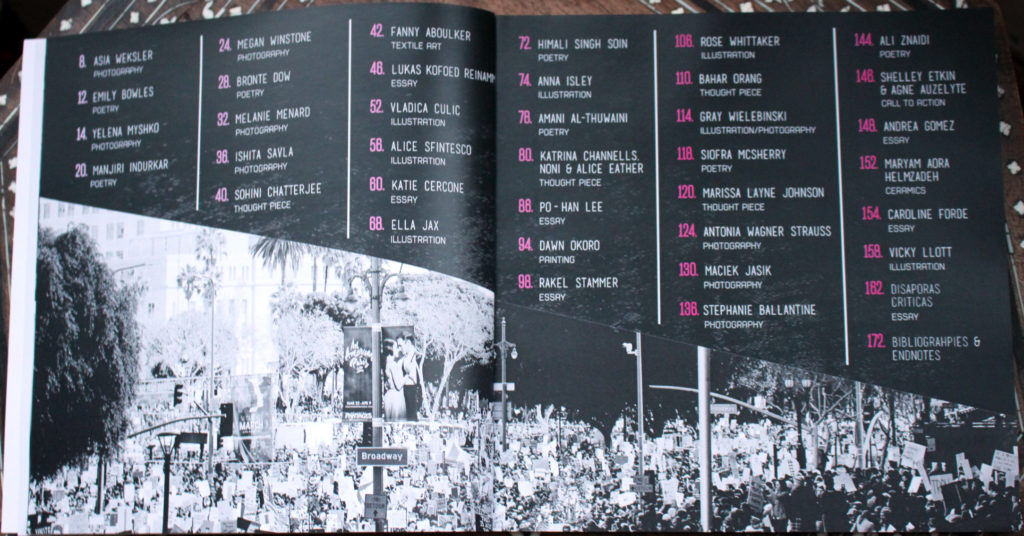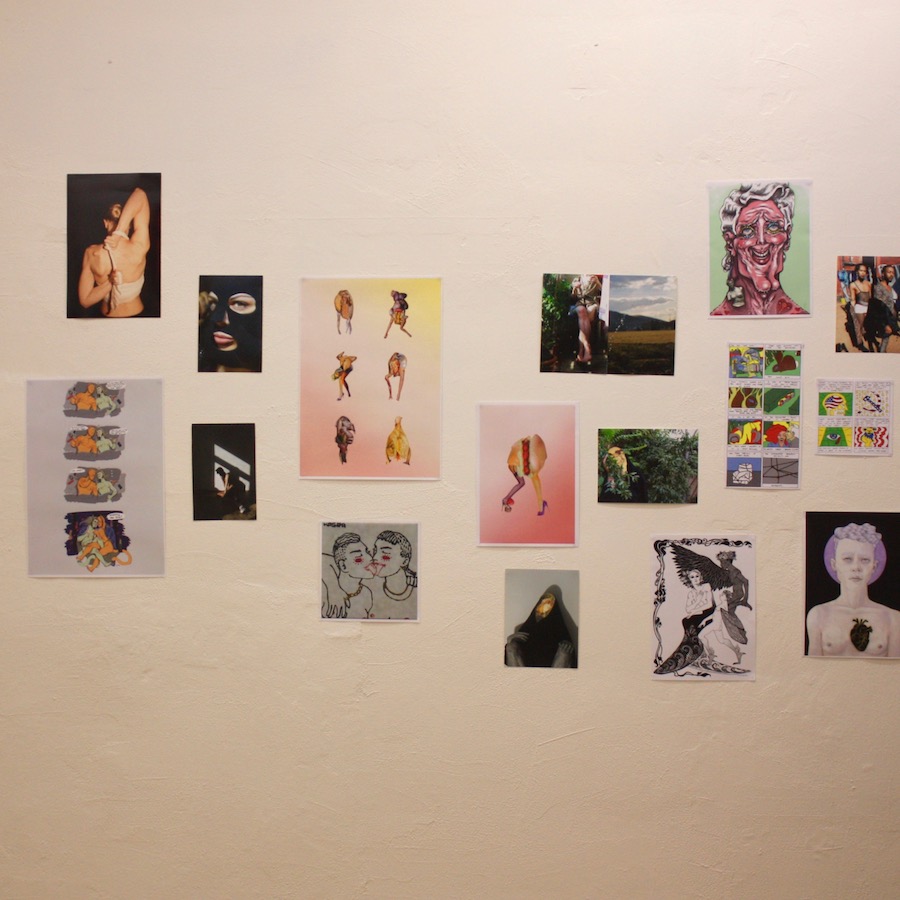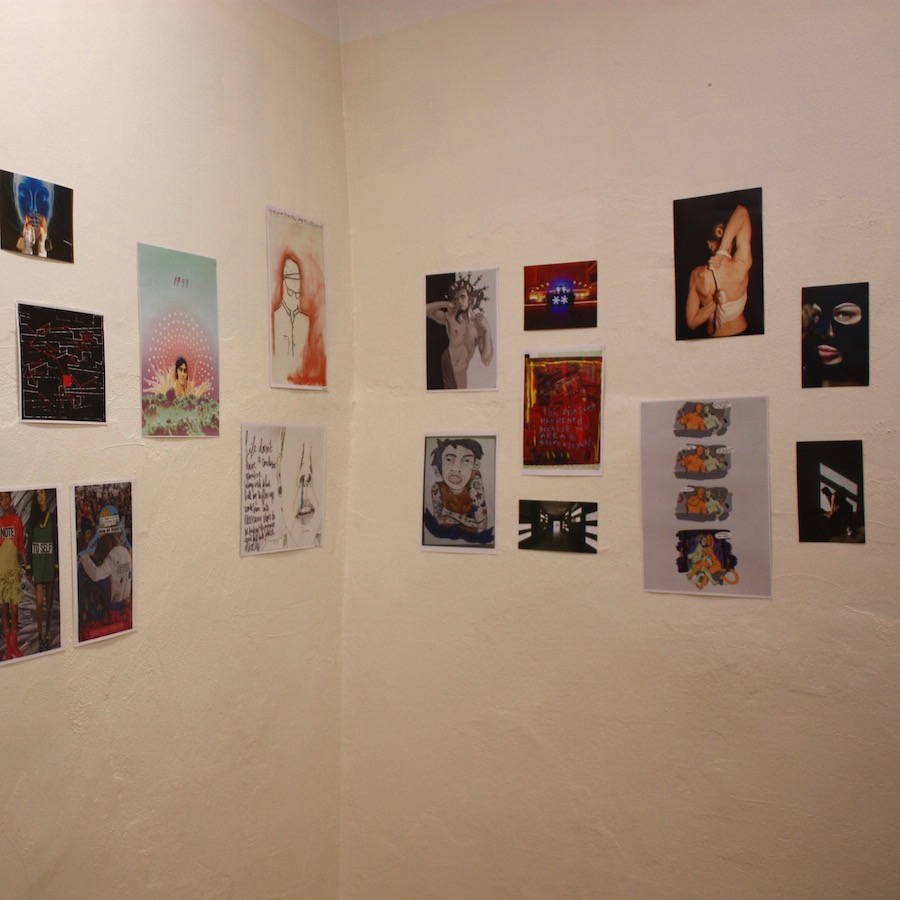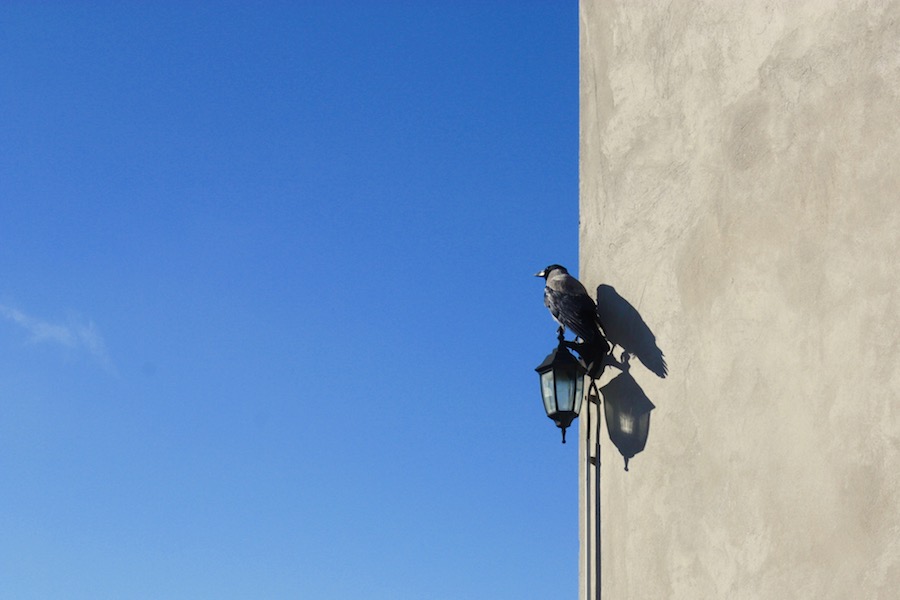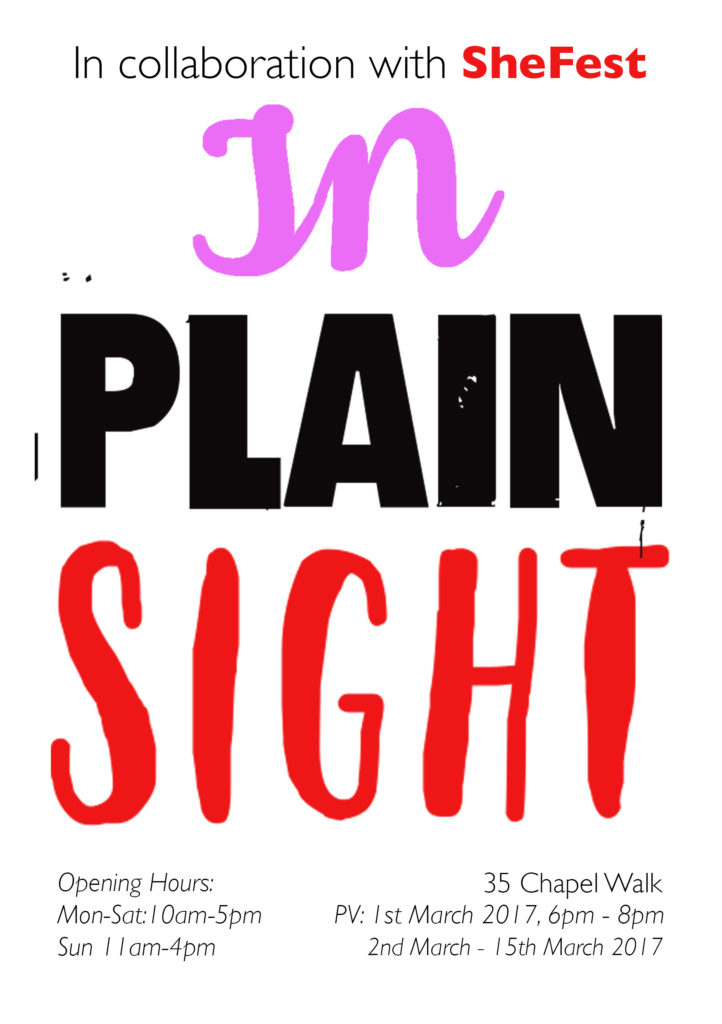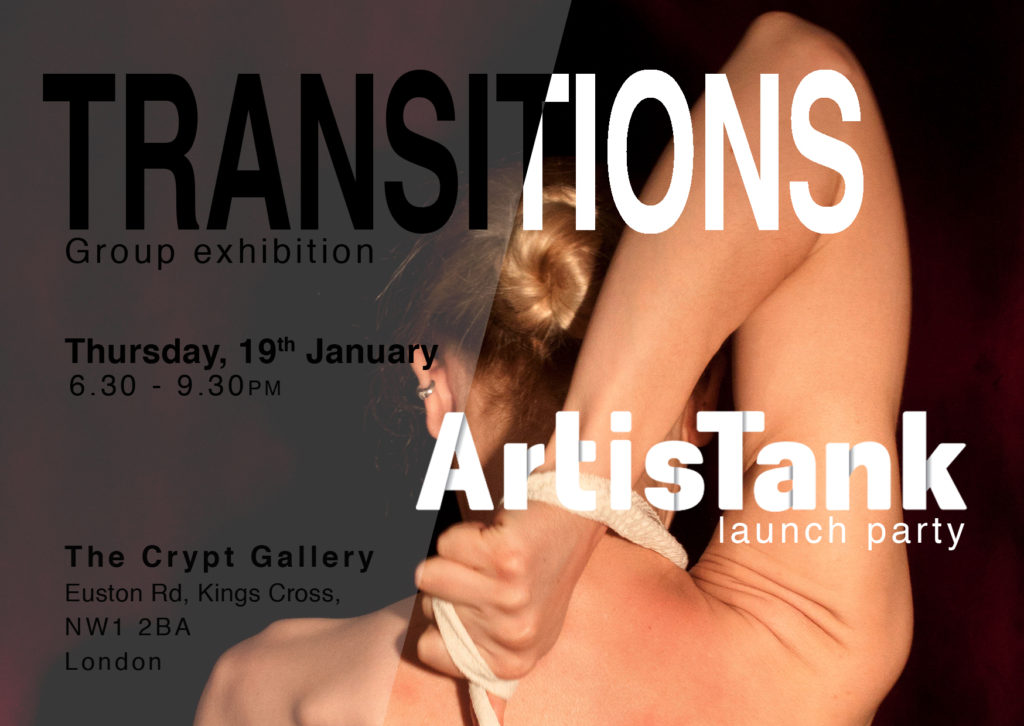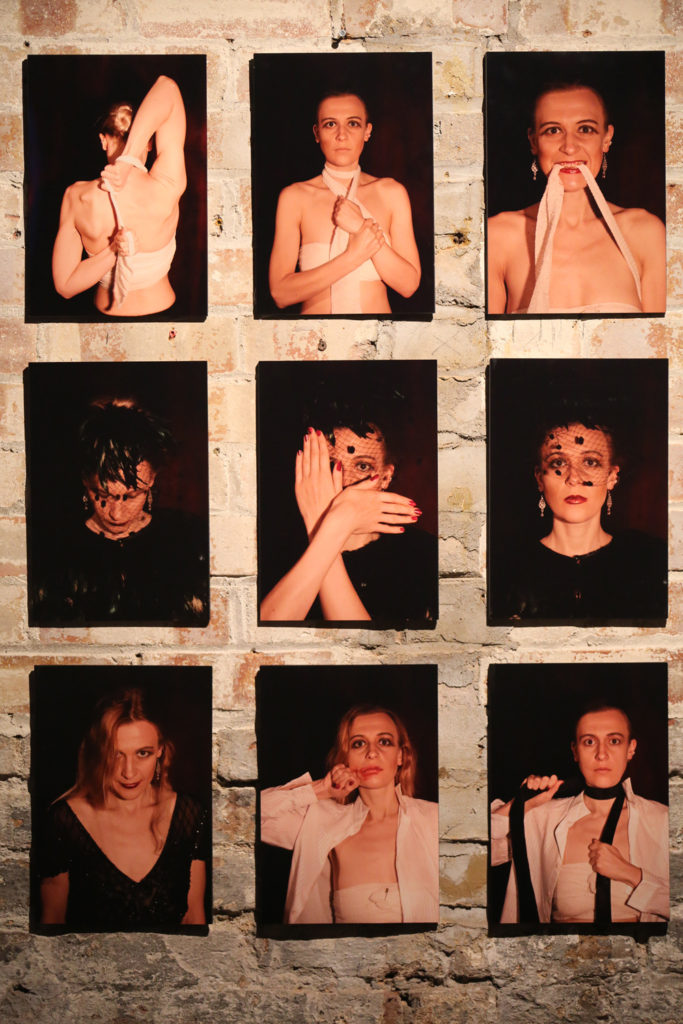‘Tricyclic Transform’ was screened at Leeds Digital Festival, and they interviewed me on their website. I copied the unedited interview questions below.
If you could start telling me a bit about yourself (briefly), so I can get a general impression. (What do you do, where are you from,etc.)
I’m originally from Rouen, France but have lived in the UK since 2005, and Brighton since 2012. I’ve worked in photography, video and digital since 2007 and branched into performance last year. I show work in exhibitions, galleries, film festivals, clubs as well as traditional performance venues.
What is your inspiration for a new project? What inspired you to start with art in general?
As a child, I spent all my time reading, drawing and making paper cut-out characters from my favourite books and staging plays with them. But being from a lower middle class background, I sort of self-selected out of studying art as a teenager and opted for the ‘financially safe’ option of software engineering. I remained passionate about Art though, and slowly grew the guts of making art, first as a self taught artist, until I studied for a MA at Camberwell College of Art in 2009-2011 via part time distance learning, while keeping my commercial software job.
I’m an intuitive and visual thinker, so Art is very much ‘practical philosophy’ for me: I will work on a project to make sense of social, political or philosophical issues that obsess me, where more literary-minded people would write about the subject.
What do you want to express with your artwork?
My work explores the tensions between the individual and the place and circumstances they inhabit, and the human mind in conflict with itself. In visual media, I design an aesthetic representing an individual’s thought processes, using a precisely crafted audio-visual mood and rhythm to trap the audience into their subjective experience. In performance, I mix popular alt-drag cabaret, ‘dark cabaret’ singing and live-art aesthetics to question gender identities, and portray individuals fighting restrictive social norms. I aim to gently coax the viewer into questioning norms and assumptions they may feel more comfortable ignoring, without presenting ready made answers, leaving a degree of ambiguity and interpretation.
What do you think about the transgender conflict in our society?
I believe that each individual’s perception of their gender identity and relationship with their body is unique, that nobody else has any right to pry into it and coerce them, and that nothing progressive ever comes in the long term from attempting to impose artificial simplifications over the endless complexity and fluidity of the human experience. So human beings need to resist pressures to ‘fit into narrow predefined roles’ that wreck their mental health, whether they come from mainstream society or more insidiously from within ‘alternative’ communities. That another individual’s experience differs from yours does not invalidate your own experience in any way, it’s just another one amongst endless natural variations. As Audrey Lorde said: “It is not our differences that divide us. It is our inability to recognize, accept, and celebrate those differences.”
Talking about your artwork “Tricyclic Transform”. Can you give me some more information about your piece? What was the inspiration for it?
I’m interested in social control and repression, both the overt and violent kind, but also the subtle, more insidious cultural or peer pressure that an individual may end up internalizing. Being genderqueer, I experience a degree of detachment and critical distance from both feminine and masculine gender norms, and I leverage it to portray the psychological consequences of rigid, enforced gender roles on individuals, something that both trans* and cis people can relate to. Tricyclic Transform follows the inner journey of a person, who ‘thrust into being’ and presented with gender archetypes from popular culture, mimics them to ‘try them on’, only to discover none quite fit the complexity of their thoughts and experience. Their psychological journey is cyclical, though a gender spectrum of female, androgynous, male, with no fixed resolution.
If you couldn’t be an artist, what would it be?
I don’t make art full-time, I have a commercial software job at the side. It’s important for me to be upfront about it because it’s so difficult to make a living solely from your art, and very few artists actually do, that if you maintain an ‘artistic blur’ about how you pay your bills, possibly for ‘personal branding’ reasons, then you contribute to the vicious circle of aspiring artists who can’t rely on family money or financial support from a partner possibly giving up because they believe they can’t make it work. I know dedicated creative people who do all kinds of commercial work at the side to support themselves and their practice.
Are there any projects planned in the future?
I’m working on a digital video installation simulating the collective creation of a shared queer identity through the assemblage and reinterpretation of fragments of a hidden history. Videos sequences document places associated with queer artists and thinkers, relating the former inhabitants’ experience of space, place and identity to the experience of contemporary queer people who drew inspiration from them. It requires coding as well as video-art, so of direct relevance to a Digital Festival!
